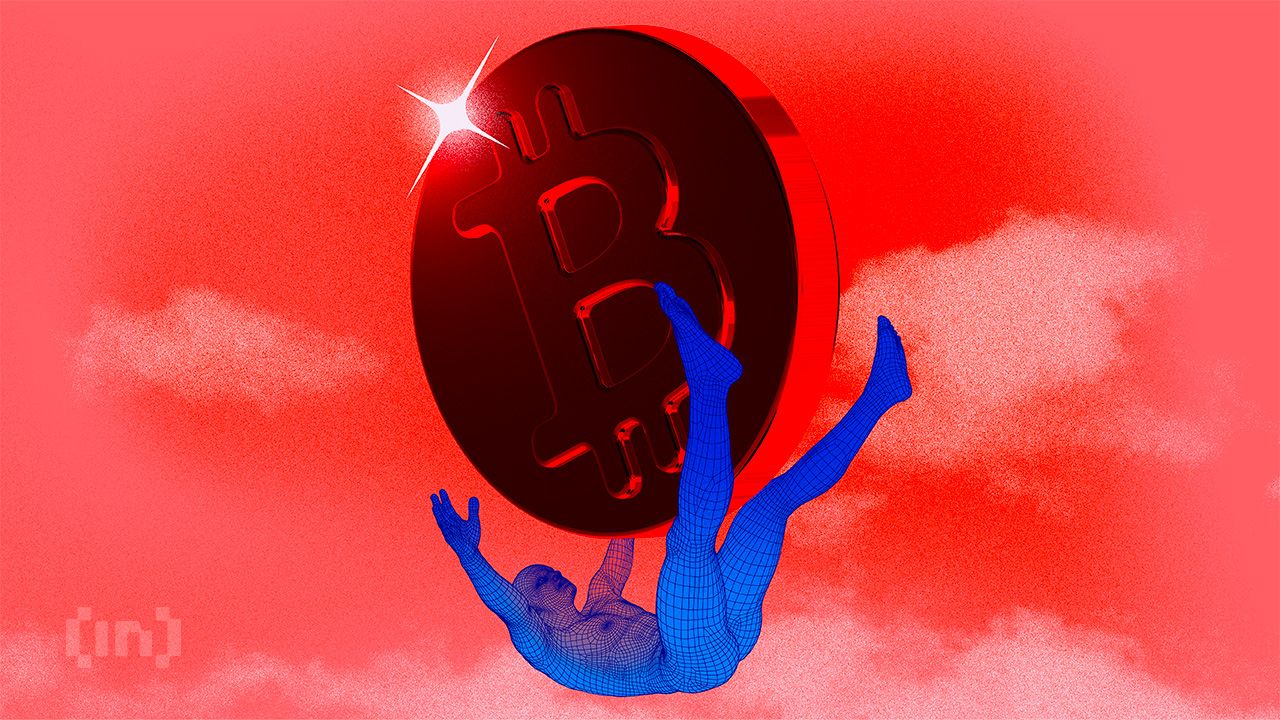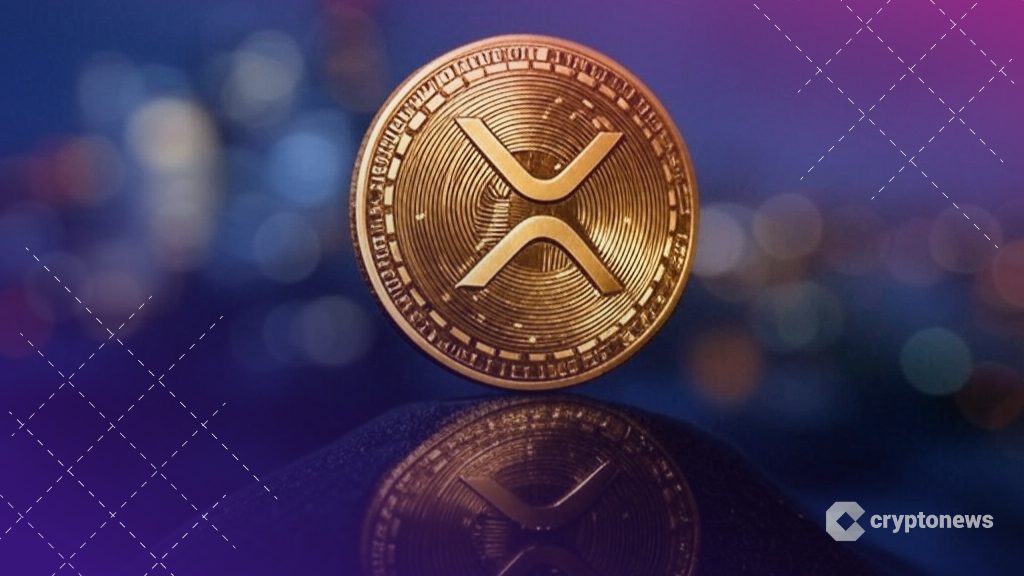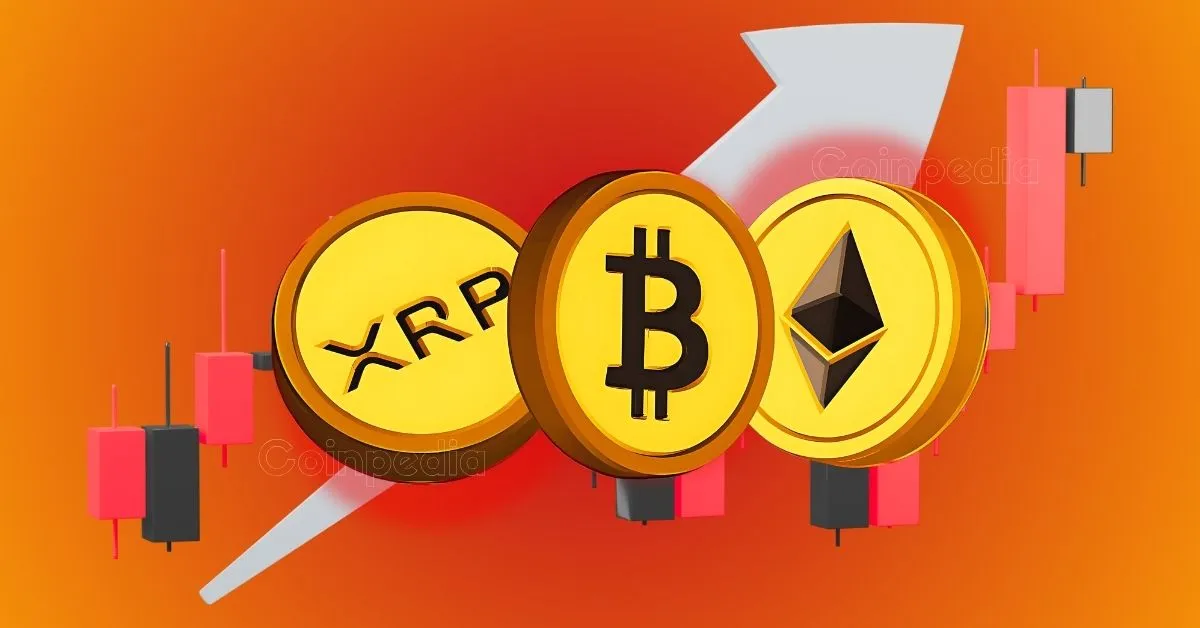The Trade War Tensions: Institutional Investors Flocking to Gold, Leaving Bitcoin Behind
Bitcoin (BTC), the world’s first decentralized digital currency, has been often compared to “digital gold” due to its finite supply, scarcity, and secure storage capabilities. However, as global economic tensions escalate under President Trump’s second term, institutional investors are increasingly turning to the real thing.
Why Gold?
Gold, a traditional safe-haven asset, has long been recognized for its ability to maintain value during times of economic uncertainty. With the ongoing trade war tensions between the US and China, global markets have been experiencing significant volatility. Institutional investors, seeking to protect their wealth from potential economic downturns, have been flocking to gold.
Institutional Investors’ Interest in Gold
According to a recent report by CNBC, institutional investors have been buying gold at an unprecedented rate. The SPDR Gold Shares, the largest gold-backed exchange-traded fund, has seen an inflow of over $2.3 billion in the past month alone. This represents the largest monthly inflow since December 2016.
Impact on Individual Investors
For individual investors, this trend could mean that the price of gold continues to rise, making it an attractive investment opportunity. However, it’s essential to remember that investing in gold comes with its unique risks and costs. These include storage, insurance, and transaction fees.
Impact on the World
On a larger scale, the increased demand for gold could lead to higher prices for the precious metal. This, in turn, could have ripple effects on various industries that rely on gold, such as electronics, jewelry, and dental industries.
What About Bitcoin?
In contrast, Bitcoin, which was once touted as a potential digital alternative to gold, has been losing favor among institutional investors. The cryptocurrency’s volatile nature and lack of regulation have made it a less attractive option for those seeking to protect their wealth during economic uncertainty.
Conclusion
As global economic tensions continue to rise, institutional investors are increasingly turning to traditional safe-haven assets like gold. While this trend could present opportunities for individual investors, it’s essential to remember the unique risks and costs associated with investing in gold. Meanwhile, Bitcoin, once seen as a potential digital alternative to gold, has been losing favor among institutional investors due to its volatile nature and lack of regulation.
- Institutional investors are buying gold at an unprecedented rate.
- Gold is a traditional safe-haven asset that maintains value during economic uncertainty.
- The increased demand for gold could lead to higher prices for the precious metal.
- Bitcoin, once seen as a potential digital alternative to gold, has been losing favor among institutional investors.





